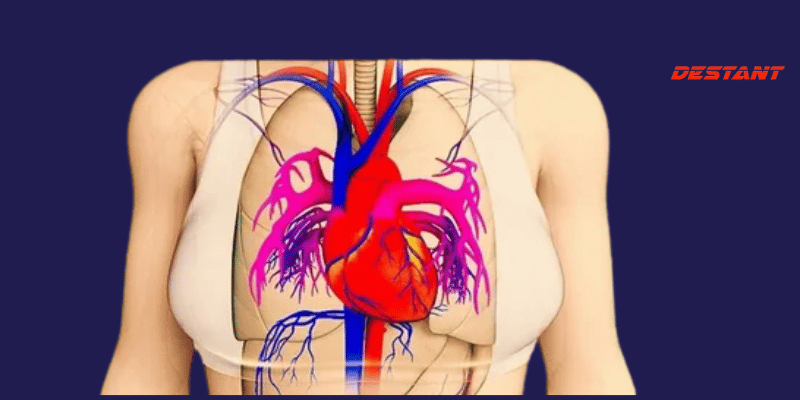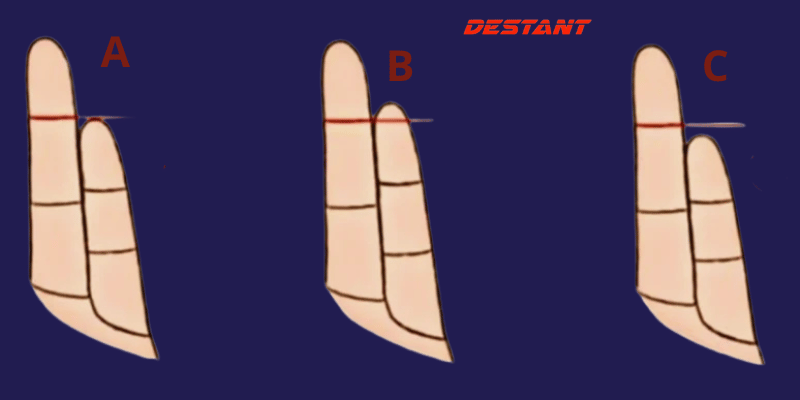One Month Before a Heart Attack, Your Body Will Warn You – Here Are the 6 Signs
In the contemporary world, heart disease is a prevalent global cause of death. The inherent danger often stems from a lack of awareness regarding the warning signs the body may show before a heart attack. Fortunately, there are several indicators that may appear a month before a heart attack, although these signs are not universal and may not appear in everyone. In this article, we’ll go over six key signs that deserve careful attention:
Chest discomfort:
The most common sign is a feeling of pain, pressure, or heaviness in the chest. This discomfort may not be continuous, may come and go, and is usually described as malaise.
Unusual fatigue:
Before having a heart attack, an individual may experience extreme fatigue for no apparent reason. This fatigue may be accompanied by difficulty in completing routine daily activities.
Dizziness and nausea:
Feelings of dizziness, nausea, or even fainting may occur, which are indicators of insufficient blood and oxygen supply to the brain.
shortness of breath:
Another common sensation is shortness of breath, resulting from the heart’s inability to pump blood efficiently, leading to fluid accumulation in the lungs.
Cold sweat and paleness:
You may develop a cold sweat or feel pale, and your skin may appear pale or blue-tinged. These events are often associated with decreased blood flow.
Pain in other parts of the body:
The pain may spread from the chest to the shoulders, neck, arms, jaw, or back. These symptoms may not necessarily be related to physical exertion and can occur even during periods of rest.
It is necessary to pay attention to these warning signals that the body may send, and avoid underestimating or underestimating them. If you experience one or more of these signs, you are advised to seek immediate medical attention for a comprehensive health evaluation. Early detection and preventive measures have the potential to save lives and mitigate the risk of complications.
NB:
The above signs can vary between individuals and do not always indicate a heart attack in every case. Therefore, consulting a specialized healthcare professional is essential to obtain an accurate diagnosis.



